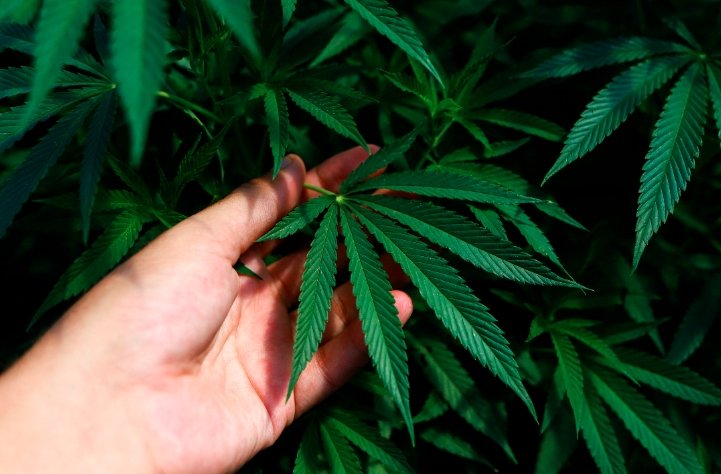Recent studies have sparked interest in the potential of cannabis to reverse brain ageing. Researchers have found that tetrahydrocannabinol (THC), the main active ingredient in cannabis, may have anti-ageing effects on the brain. This article delves into the scientific findings, exploring how cannabis could potentially improve cognitive functions and slow down the ageing process in the brain.
The Science Behind Cannabis and Brain Ageing
Cannabis has been shown to have a significant impact on brain ageing, particularly through its interaction with the endocannabinoid system. This system plays a crucial role in regulating various physiological processes, including mood, memory, and appetite. THC, the psychoactive component of cannabis, interacts with cannabinoid receptors in the brain, which can influence these processes.
In studies conducted on mice, researchers observed that low doses of THC could reverse age-related cognitive decline. The treated mice showed improved memory and learning capabilities compared to their untreated counterparts. These findings suggest that THC may enhance brain function by promoting the formation of new synapses and increasing the production of proteins necessary for brain health.

Moreover, the studies indicated that THC treatment led to increased activity of the mTOR protein, which is associated with cell metabolism and growth. This protein plays a vital role in maintaining brain health and preventing cognitive decline. By boosting mTOR activity, THC may help in preserving brain function and delaying the onset of age-related cognitive impairments.
Potential Benefits and Applications
The potential benefits of cannabis in reversing brain ageing extend beyond cognitive improvements. Researchers believe that THC could also have neuroprotective effects, shielding the brain from damage caused by ageing and other factors. This could be particularly beneficial in preventing or slowing the progression of neurodegenerative diseases such as Alzheimer’s and Parkinson’s.
Additionally, the anti-inflammatory properties of cannabis may contribute to its brain-protective effects. Chronic inflammation is a known factor in the development of various age-related diseases, including those affecting the brain. By reducing inflammation, cannabis could help in maintaining brain health and function over time.
The potential applications of cannabis in brain health are vast. If further research confirms these findings in humans, cannabis-based treatments could become a valuable tool in managing age-related cognitive decline. This could lead to the development of new therapies aimed at enhancing brain health and improving the quality of life for older adults.
Challenges and Future Research
Despite the promising findings, there are several challenges that need to be addressed before cannabis can be widely used for reversing brain ageing. One of the primary concerns is the potential side effects of long-term cannabis use. While low doses of THC have shown positive effects in studies, higher doses could lead to adverse effects, including dependency and cognitive impairments.
Furthermore, the long-term impact of cannabis on brain health is still not fully understood. More research is needed to determine the optimal dosage and duration of treatment to achieve the desired effects without causing harm. Additionally, studies on humans are necessary to confirm the findings observed in animal models and to explore the potential benefits and risks in a real-world setting.
Future research should also focus on understanding the mechanisms through which THC exerts its effects on the brain. This could help in developing targeted therapies that maximize the benefits while minimizing the risks. By gaining a deeper understanding of how cannabis interacts with the brain, researchers can pave the way for innovative treatments that promote brain health and longevity.
The potential of cannabis to reverse brain ageing is an exciting area of research with significant implications for brain health. While there are challenges to overcome, the findings so far are promising and warrant further investigation. As research progresses, cannabis-based therapies could become a valuable tool in managing age-related cognitive decline and enhancing the quality of life for older adults.



